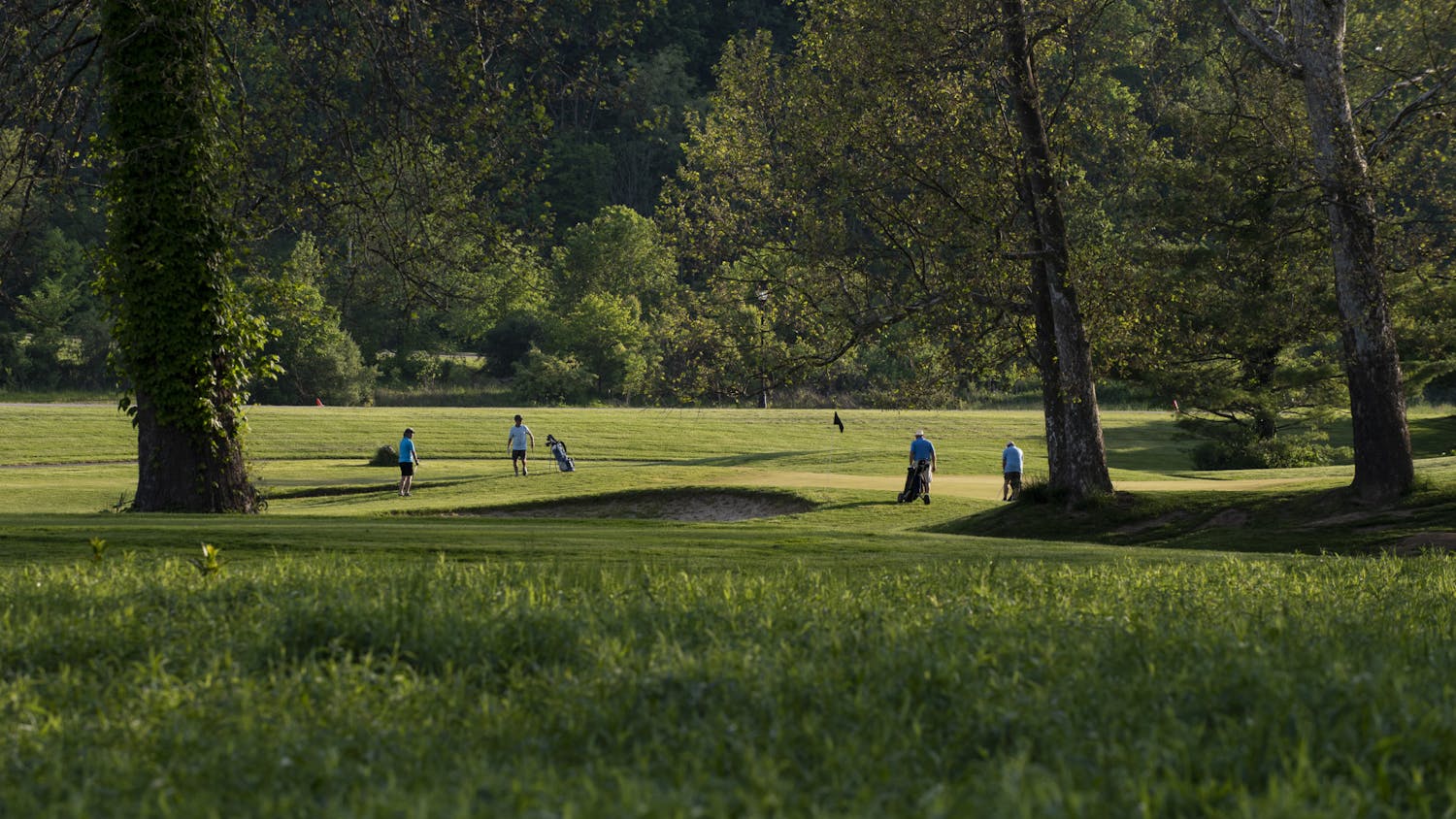The damage climate change presents to human health has become an increasingly important issue.
This past July, (the hottest month on record) over 100 million people in the Southern U.S. were under heat alerts and with extreme heat, many people were subject to dehydration, discomfort, heat exhaustion and worsened chronic conditions. Extreme temperatures leave people worried about how much hotter temperatures can become.
Young people especially fear rising temperatures because not only are they experiencing the effects now, but they will experience worsening effects their entire lives. These worries present another impact climate change presents on human health: Eco-anxiety.
You may have heard the terms eco-anxiety or climate anxiety; Eco-anxiety is distress related to concerns about the state of the climate and effects of climate change. Stresses can include more than just the changing environment: economic implications from climate change and the impacts on physical health also present unique worries.
According to a study done by the American Psychological Association, over two-thirds of adults say they have a little eco-anxiety. Eco-anxiety disproportionately affects young adults with 47% of adults aged 18-34 expressing that climate stress affects their daily lives. It is likely that eco-anxiety will continue to increase among younger generations because they will suffer more consequences of climate change compared to older generations.
When people learn about and/or experience local climate issues, their eco-anxiety increases. And, unfortunately, staying informed on national and global environmental issues is also likely to increase eco-anxiety. Though not all environmental news is “bad,” far more news and research is published on the negative impacts of climate change.
Luckily, “the most common motivations for behavior changes among those who have taken action to reduce their contribution to climate change are wanting to preserve the planet for future generations (52%), followed by hearing about climate change and its impacts in the news (43%).”
The best way to cope with climate anxiety is to share your worries with friends or a therapist and get involved. Putting conscious action into reducing your carbon footprint and consumption is a great way to put some worries at ease. You do not need to make major lifestyle changes to be kinder to our planet.
Some easy changes to your daily life could be eating less meat, buying fewer clothes, carrying reusable straws/ silverware, taking public transportation, or investing in a reusable water bottle. Another great way to feel better about eco-anxiety is to advocate for climate justice through protests, donate to environmental organizations, and vote for candidates whose environmental views align with yours.
Climate anxiety isn’t going anywhere and if anything will become increasingly prevalent as the impacts of climate change worsen. The best way to ease the anxiety and effects of climate change is to change your habits as a consumer. Little actions can make big impacts not only on the planet but your mental well-being.
Taylor Henninger is a junior studying journalism at Ohio University. Please note that the views and opinions of the columnist do not reflect those of The Post. Do you agree? Tell Taylor by emailing her at th873120@ohio.edu.






